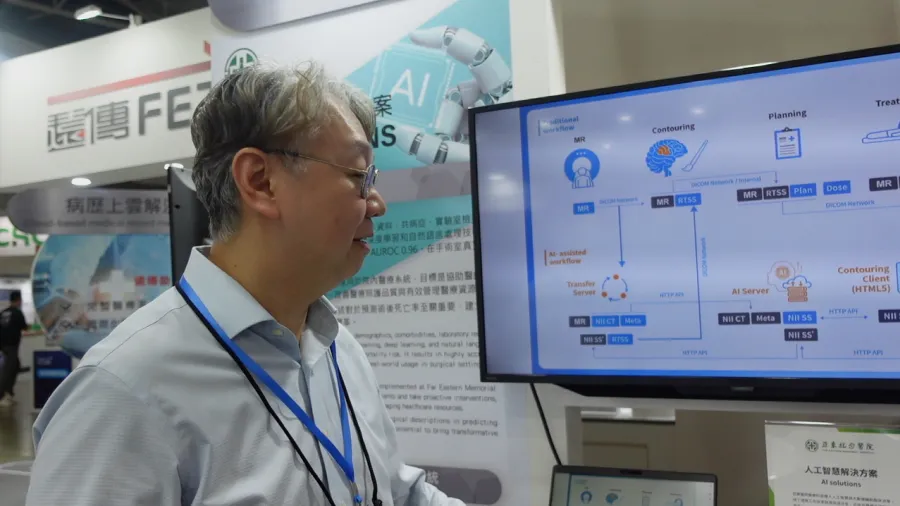
Taiwan hospital’s AI auto-contouring system fast tracks initial radiotherapy for tumours
Far Eastern Memorial Hospital’s AI system can save 75% of the therapy process.
Taiwan-based Far Eastern Memorial Hospital (FEMH) features an AI auto-contouring system to speed up the process of initial therapy for tumours.
Dr. Kuei Hong Kuo, who represents the medical imaging division at FEMH, said the AI system can help with the initial treatment of meningioma and neuroma.
Speaking at the sidelines of the Healthcare Expo+ in Taiwan, Dr. Kuo said the traditional treatment takes a lot of time because the doctor will need to do a “manual contouring” of the tumour.
With this, they developed an AI system to assist in the contouring by sending a tumour mask to the doctor, who will evaluate the data of the mask. After the evaluation, they will begin the treatment process.
“This procedure can save about half or maybe 60%, maybe 75%, of the time,” Dr. Kuo told Healthcare Asia.
Data privacy
Another feature of this AI system is that it can gather data from six medical centres. However, Dr. Kuo explained that the data privacy laws in Taiwan are very strict, prompting them to use training and validation techniques for this.
When asked about how they overcome data privacy, Dr. Kuo said they are practising a federated training technique to send data to the hospital.
This technique will digest an image first and then convert it into weighted numbers, which will be sent to the cloud and gathered data from six medical centres. This way, the patient’s privacy will not be harmed.
UBE procedure
Another medical service in FEMH is its unilateral biportal endoscopy (UBE) minimally invasive spine surgery, which treated over 800 patients.
The surgery technique has helped patients regain their health and it also replaced its traditional minimally invasive spine surgery as of August this year.
Surgical excellence
FEMH is also known for its other surgical processes such as the keyhole procedures for uterine, bladder, and vagina prolapse.
Amongst its record-breaking achievements is a 98% success rate for laparoscopy for liver cancer and minimally invasive liver and kidney transplants.
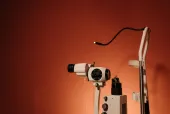

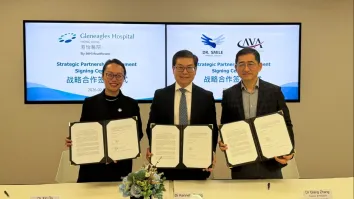
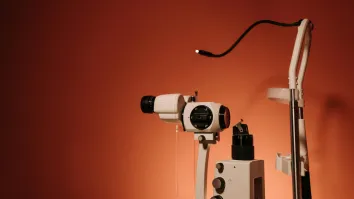
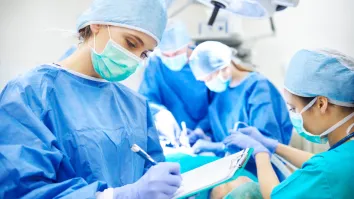
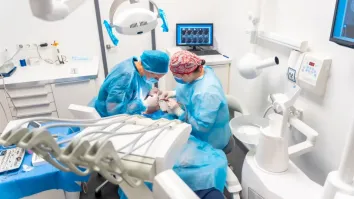













 Advertise
Advertise





